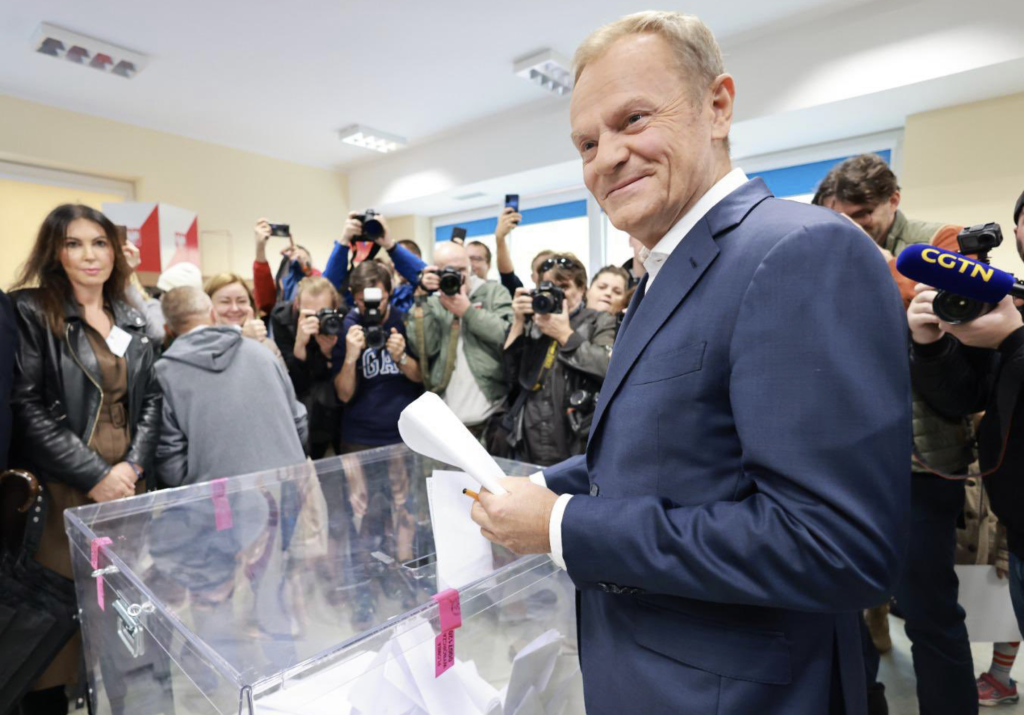
THE EUROPEAN UNION WILL INVESTIGATE INFLUENCERS TO DETERMINE IF THEY BROADCAST MISLEADING ADVERTISING
The imminent search for misleading advertising in the messages of influencers on social networks will be the first step in determining whether or not it is necessary to create new rules to regulate that activity in the European Union.
The European Commission encourages this research because it believes that the digital market should be as safe for the consumer as a traditional one.
The Commission reported that in the coming weeks it will carefully examine the online activities of influencers to determine if they emit misleading advertising or ads. He didn’t give a certain number of cases to review.
According to the Italian newspaper La Repubblica, the investigation will be carried out in collaboration with the national authorities of the member states adhering to the Cooperation Network for Consumer Protection. This is a network dedicated to protecting the rights of consumers.
It is estimated that the market for influencers in the European Union will reach a value of 20 billion euros by the end of 2023.
In Italy alone, the turnover produced on social networks by influencers from that country will reach 348 million euros in 2023, with an annual growth of 13%, according to figures from the aforementioned Network.
The EU Commissioner for Justice, Didier Reynders, highlighted that a growing number of consumers, including children and young people, trust the advice of influencers.
“This business model,” Reynders said, “it nevertheless implies legal obligations. Influencers must also follow fair business practices and their followers have the right to transparent and reliable information.”
In order for influencers and content creators to be clear about the legal obligations they must observe, the European Commission published an Influencer Legal Hub.
That guide explains that “influencers are content creators who often advertise or sell products on a regular basis, which means that in the eyes of European law they are classified as merchants. Like any company that interacts with consumers, in the European Union, merchants have many rules to comply with.”
In Italy, associations that defend the rights of the environment and the consumer, grouped in Codacons, even believe it is necessary to investigate whether the financial wealth of the main Italian influencers is the total or partial result of the granting of gifts, advertising and promotion activities and determine whether they are relevant to be considered income that must be declared to the Tax Agency.
This text is for free use. If you plan to use it, please quote EditoRed.



